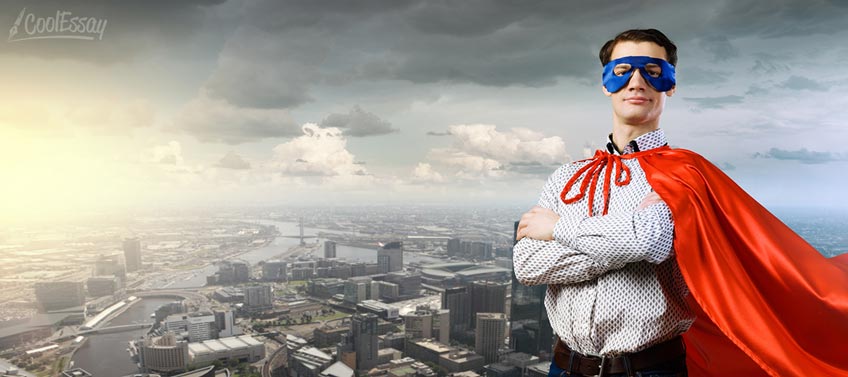
Let us talk about a peculiar literary genre called anti-utopia or dystopia. You have probably read or heard of such works as “1984” by George Orwell, “Brave New World” by Aldous Huxley or “We” by Yevgeny Zamyatin. It is a popular genre that developed to its peak in the 20th century, when the political situation was highly unstable on a global scale. In order to analyze any novel of this type, we should understand the elements that it has. However, we should warn you, that if you are too easily upset or frightened, you may wish to hire an essay writer to finish your work for you, as this topic is not an easy one. Let us start by analyzing the elements that a classic dystopian novel must have and the impact it has on the readers. It will be easier to write your essay based on this analysis.
Elements of Anti-Utopias
Below we have provided some of the common ingredients you need for your dystopian soup. Of course, not all the novels of this category strictly follow the recipe, so be sure to include the factors only relevant to the novel you have read for your class in your essay. Please dive right in!
Control & Invisible Authority
All dystopian novels are based on a system of control, which is mighty and invisible. It could be carried out on a smaller scale, like in an office or a library, or on a much bigger scale, like the whole governmental system of a country or a region. For example, in the celebrated “1984” novel the authority is presented by the author as the “Big Brother”, and no one knows who that is exactly or what it represents. The governmental system’s power lies in the anonymity. It is much harder to eradicate a system that is everywhere, controlling your whole life, than a visible enemy.
Heroes & Conflict

The dystopian world is guided by fear. The common masses of people are so afraid of some hypothetical threat that they willingly agree to sacrifice their freedoms for a system of control provided by the mighty and invisible authority mentioned above. They agree to have their homes and lives controlled and systematized according to some dreadful rules, because in order lies safety and stability. Everyone is happy with the way things are. Until the main protagonist of the story emerges. He or she is different from the mass, because they see the main state of things and understand that basic human rights have been infringed. This dissident and his fight and rebellion against the system brings out the main conflict in the story.
Ending & Meaning
A classic anti-utopia will not be a good material to be adapted for a Hollywood movie. There is no happy ending. Of course, a truly empathic author may save the main protagonist or even the vastly featured couple of lovers, however, surprisingly, the more characters the author saves, the bigger the criticism he will get from the readers. Why? Because if it was so easy to get saved in the end, then your world was not a true dystopia after all, wasn’t it? The true meaning of a dystopia is that no one can be saved from a damaged system, and it is incredibly hard to get rid of it.
Impact on Readers
So why do some authors choose to write such horrible stories? Why not to turn their attention to brighter themes, like love-stories or humorous literature? Here is the list of all the dystopian novels in literature, you may surely find something for your liking. If you have read a dystopian novel, you probably would remember the dreadful feeling of unease that has settled in your mind as the aftertaste. Let us analyze the ins and outs of it.
Fear

Any dystopian novel raises a question that relates to the direct fears of the readers: what if this was to happen tomorrow? The true horror that shook the society after the novel “1984” was published, was a direct response to the fear that this book might predict the future. The state of the matters was uneasy, and with such a prophetic number in the title, the book truly rang close to home. Dystopian novels first and foremost evoke this feeling, and some readers are ecstatic with this thrill.
Thought-Provoking
Such novels are studied and admired because they lead us to think over the political or social state of matters in our country. They teach us to analyze the situation critically, be brave, stand up to something that is unjust, no matter how small the size of the opposing group is.